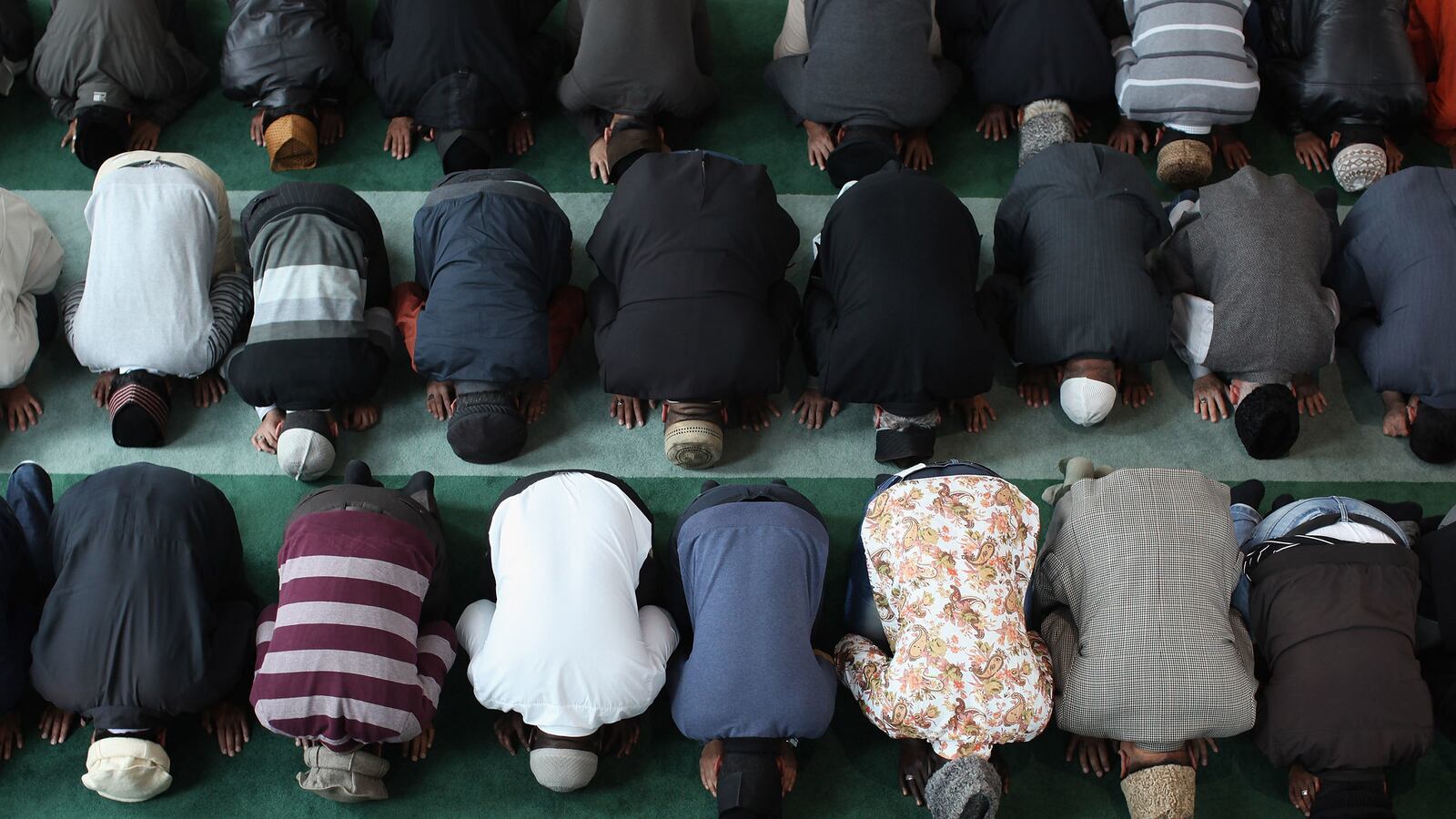Is ISIS Islamic? The answer depends on whom you ask. Mainstream Muslim leaders, together with people like President Obama and British Prime Minister David Cameron, say no, while others who are self-appointed Muslim experts based on thumbing through the book Islam for Dummies say yes.
But regardless of your view, there’s one thing that we must agree upon: We need to counter ISIS with Islam. We are truly witnessing a clash of civilizations. But it’s not between the West and the Islamic world. It’s between Islam and ISIS.
And that’s not just my view, it’s also the opinion of some leading Muslim clerics and scholars as well. On Thursday, a group of Muslims leaders gathered at the National Press Club in Washington, D.C., to announce a new initiative using the principles of Islam as the way to counter the recruiting drive of ISIS.
This is truly a unique approach. This isn’t like past efforts by Muslim leaders of condemning terrorism carried out in the name of Islam. Here, 125 Muslims clerics and scholars have signed a 17-page letter, written in both English and Arabic, that’s framed as an “Open letter to al-Baghdadi” (the leader of ISIS). In it, they explain in great detail why, from an Islamic point of view, ISIS’s actions are “wrong” and an “offense to Islam, to Muslims and to the entire world.”
The drafters of this letter aren’t so naïve as to believe that al-Baghdadi will read their letter and declare: “Uh-oh, what are doing is wrong so we should stop.”
Rather, the intended target is Muslims worldwide, with the goal of deterring other Muslims from joining ISIS or supporting it financially.
The letter includes a list of horrific acts taken by ISIS and then explains why each one violates specific Qur'anic verses and the teachings of the Prophet Muhammad. Ahmed Bedier, one of the Muslim leaders involved in the effort, explained to me that the reason they included such detailed religious references was that they wanted the letter to have “street cred,” especially among “the very conservative Muslims and others who may sympathize or buy into the ISIS narrative.”
Beginning with an “executive summary,” the letter highlights in short sentences 24 actions ISIS has taken that violate the principles of Islam. A few examples:
-- “It is forbidden in Islam to harm or mistreat—in any way—Christians or any ‘People of the Scripture.’”
-- “It is forbidden to kill journalists and aid workers.”
-- “It is forbidden in Islam to force people to convert.”
The letter then explains in detail why each of these actions is un-Islamic. For example, in response to ISIS forcing people to convert to Islam or die, the drafters note that this conduct violates one of the most fundamental principles of Islam: “There is no compulsion in religion.” (Al-Baqarah, 2: 256)
Regarding the recent killing of the two American journalists, the clerics explain to the leaders of ISIS: “You have mercilessly killed the journalists James Foley and Steven Sotloff, even after Sotloff’s mother pleaded with you and begged for mercy.” They note that this contradicts the teachings of the Prophet Muhammad, who stated, ‘Have mercy and you will be shown mercy.’”
Will this work? It is addressing ISIS’s very sales pitch, as documented in its online magazine, that invokes Islamic principles to lure people to join. And I can tell you this—it’s a much better approach than the State Department’s recently released video designed to dissuade Muslims from joining ISIS. That video simply showed images of violence, but its fatal flaw is that it didn’t use Islamic values to counter ISIS.
I’m sure some are asking: Why didn’t we see Muslim scholars do this before? Bedier responded that the Muslim community has become better organized in recent years and can now respond in a more united way. Plus there’s an understanding by Muslim leaders that many people of other faiths see only negative images of Muslims in the media, thus, making it important to not allow the extremists to define the faith.
I also believe there’s another reason why we are seeing this and why some Muslim nations have joined the military campaign versus ISIS. While ISIS potentially poses a threat to the United States, to many Muslims living in the Middle East, ISIS is a clear, present, and immediate threat. ISIS’s philosophy is in reality not “submit to Islam or die”; after all the group is slaughtering Muslims daily. It’s “submit to ISIS or die.” Nothing is a greater motivator than self-preservation.
The fight against groups like ISIS will likely be with us for years. No doubt that a military component must be part of this approach. But to really cut off ISIS's pipeline of recruits and financial support from Muslims, it requires that we not view Islam as the problem, but actually as a big part of the solution.






